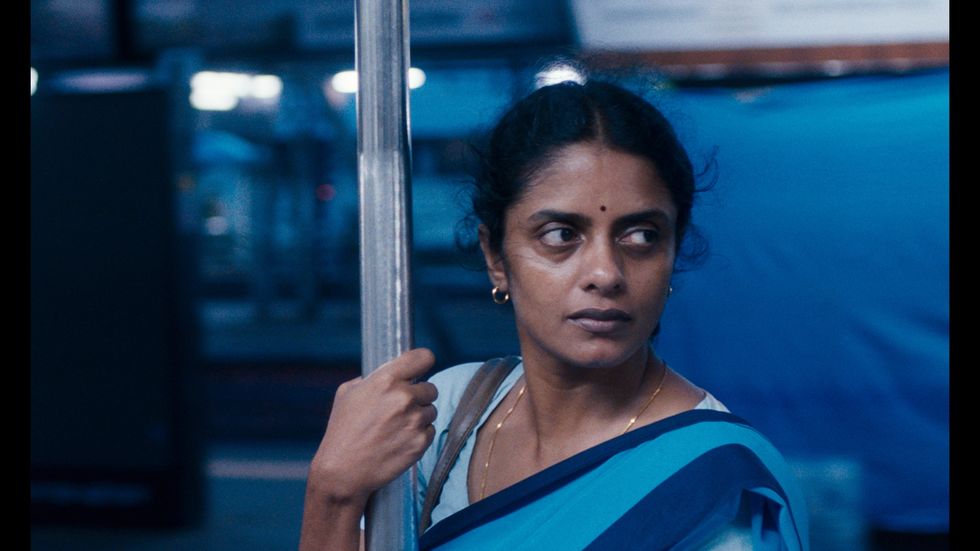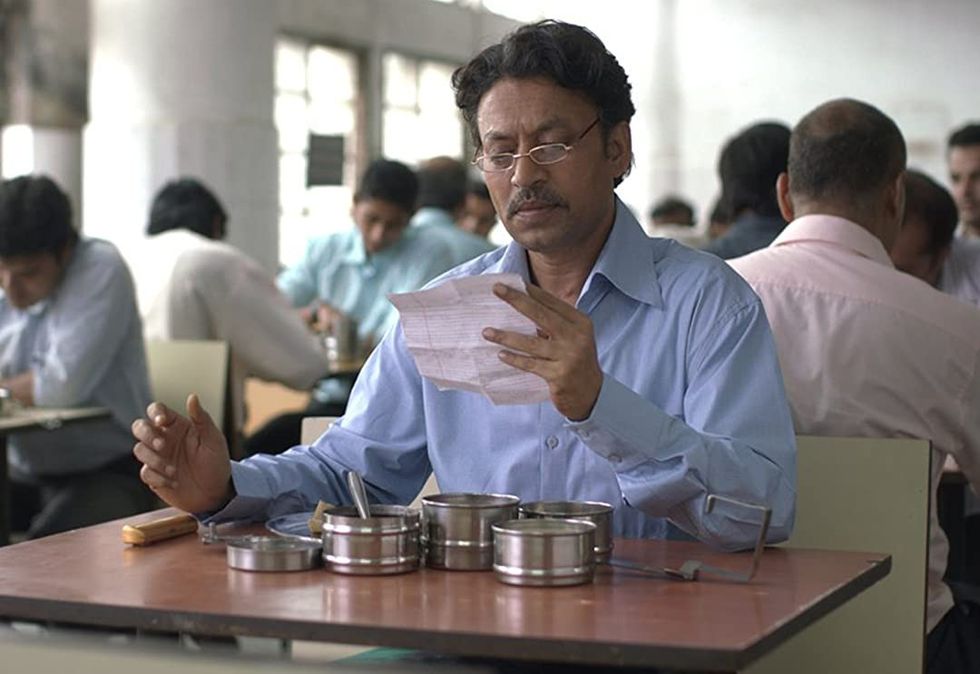A recent Instagram post from Deepika Padukone criticising the Oscars got global attention, but few seem to have noticed it also revealed just how clueless many big-name Bollywood celebrities like her are.
In the short video clip, Padukone called out the Academy Awards for repeatedly snubbing Indian films and talent, using a montage of titles such as All We Imagine As Light, Laapataa Ladies, Tumbbad, and The Lunchbox to illustrate her point. While her suggestion that the popular awards ceremony has consistently overlooked Indian cinema may appear valid, a closer look shows that she is blaming the wrong people.

Each country is allowed to submit one film into the Best International Feature category at the Oscars – and India consistently gets it wrong. Whether it is backing a sub-standard effort fronted by a star, submitting a copied production, or overlooking far more deserving films, the fault lies squarely with the Indian selection jury.
The films in her montage offer the perfect snapshot of how absurd the country’s official choices have been.
Globally acclaimed drama The Lunchbox would have been an outstanding submission and may well have secured an Oscar nomination, if not a win. The 2013 romance, headlined by Irrfan Khan and Nimrat Kaur, connected with non-Asian audiences in a way few other Hindi films have managed. It received a standing ovation at Cannes and rave reviews across the board. Yet, instead of submitting The Lunchbox, the jury chose a microbudget Gujarati film, The Good Road – a selection that, unsurprisingly, attracted little attention and failed to make the shortlist.

In 2012, the jury submitted Barfi – despite the fact that it had shamelessly lifted scenes from several well-known films, including The Notebook. The following years saw similarly baffling choices. Newton (2017) was marred by plagiarism allegations, and Gully Boy (2019) was criticised for resembling a weaker version of the 2002 Hollywood film 8 Mile.
Period folk horror Tumbbad (2018) would have made for a bold and original submission – but it too was ignored and never became eligible in the international category.
Padukone also highlighted All We Imagine As Light, which swept major awards at international festivals including Cannes, and was nominated at both the BAFTAs and Golden Globes. Yet India chose not to submit it for the 2025 Oscars, opting instead for Laapataa Ladies, which has faced accusations of lifting its central premise from the 1999 Indian television film Ghunghat Ke Pat Khol.
In the same video, Padukone reflected on being in the audience when RRR won best original song in 2023 and described it as an emotional and historic moment. What she failed to mention is that RRR – despite being India’s most hyped film of 2022 and making a global impact – was snubbed by its own country. It was not submitted as the official Oscar entry.
Stories like these span decades. India has submitted 57 films and received only three nominations – with no wins – despite being the most prolific filmmaking nation in the world.
If more high-profile figures like Deepika Padukone start to understand the problem lies within the Indian system itself, real change may finally happen. Pointing the finger elsewhere will not fix a deeply flawed selection process that continues to deny Indian cinema the recognition it deserves.






 Rami Malek explores themes of loss, revenge, and surveillance in The AmateurGetty Images
Rami Malek explores themes of loss, revenge, and surveillance in The AmateurGetty Images  Set against London’s watchful backdrop, The Amateur follows one man’s fight for justice after a personal tragedyGetty Images
Set against London’s watchful backdrop, The Amateur follows one man’s fight for justice after a personal tragedyGetty Images 











 Ariana Grande and Cynthia Erivo in WickedInstagram/WickedMovie
Ariana Grande and Cynthia Erivo in WickedInstagram/WickedMovie  A storm is coming — the witches return in Wicked: For GoodInstagram/WickedMovie
A storm is coming — the witches return in Wicked: For GoodInstagram/WickedMovie
 From tuxedos to high-speed chases, Brosnan’s Bond era was pure cinematic cool
Getty Images
From tuxedos to high-speed chases, Brosnan’s Bond era was pure cinematic cool
Getty Images
 Aaron Taylor-Johnson, a fan-favourite contender for 007, previously starred with Brosnan in The GreatestGetty Images
Aaron Taylor-Johnson, a fan-favourite contender for 007, previously starred with Brosnan in The GreatestGetty Images 
 James Gunn introduces a surprising new element to the Fortress of Solitude: cape-wearing AI doctorsDC
James Gunn introduces a surprising new element to the Fortress of Solitude: cape-wearing AI doctorsDC In a dramatic opening scene, a wounded Superman depends on his loyal dog, KryptoDC
In a dramatic opening scene, a wounded Superman depends on his loyal dog, KryptoDC Legendary actor Manoj Kumar passed away at 87, leaving behind an unmatched legacy of patriotic cinemaInstagram/
Legendary actor Manoj Kumar passed away at 87, leaving behind an unmatched legacy of patriotic cinemaInstagram/ Fans and admirers mourn the loss of Manoj Kumar, whose films once stirred the nation’s soulInstagram/
Fans and admirers mourn the loss of Manoj Kumar, whose films once stirred the nation’s soulInstagram/ A legendary face of Indian cinema — Manoj Kumar’s timeless contributions shaped Bollywood’s golden patriotic era
Instagram/1000thingsinludhiana
A legendary face of Indian cinema — Manoj Kumar’s timeless contributions shaped Bollywood’s golden patriotic era
Instagram/1000thingsinludhiana
 The nation remembers Manoj Kumar, whose stories of sacrifice and pride became part of India’s cultural memoryInstagram/
The nation remembers Manoj Kumar, whose stories of sacrifice and pride became part of India’s cultural memoryInstagram/